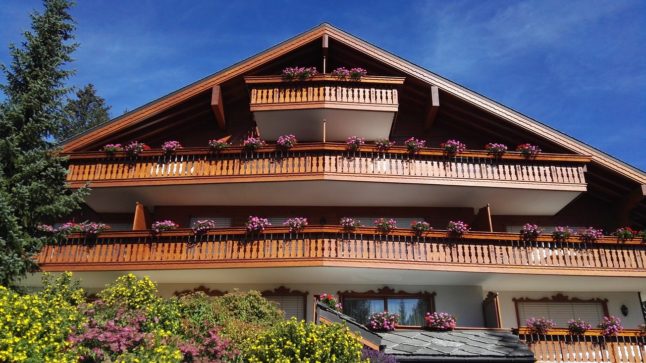If you would like to purchase a property in the near future, you might want to think twice: Swiss banks are significantly increasing the interest rates for fixed-rate mortgages.
For instance, according to Switzerland’s Tages-Anzeiger newspaper, interest rates for a five-year mortgage at the Luzerner Kantonalbank rose by 0.19 percent to 1.4 percent; the seven-year fixed-rate mortgage at the same bank now costs 1.51 instead of 1.4 percent.
EXPLAINED: The hidden costs of owning a home in Switzerland
The trend is the same at other banks as well: Raiffeisenbank charges 1.84 percent for a fixed-rate, 10-year mortgage; Credit Suisse 1.77 percent, and Zürcher Kantonalbank 1.7 percent.
As a comparison, at the beginning of 2021, a 10-year mortgage cost 1.1 percent on average across the country.
Why are rates on the rise?
The increase is somewhat surprising considering that the Swiss National Bank has not yet decided to raise its rates, which are a usual precursor to the banks following suit.
Switzerland’s commercial banks however believe that rate rises are just around the corner, with Credit Suisse expecting the SNB to increase rates by 0.5 percent in total in two separate increases in the coming year.
EXPLAINED: Which banks are best for foreigners in Switzerland?
These changes look set to come about due to a gradual increase in inflation, as well as other national banks deciding to raise their rates.
Inflation is on the rise across the world due to increases in energy prices and supply problems as a result of the Covid pandemic.
The European Central Bank is expected to raise its rates in the coming year, as are several national counterparts.
READ MORE: How to protect your savings against inflation in Switzerland



 Please whitelist us to continue reading.
Please whitelist us to continue reading.
Member comments